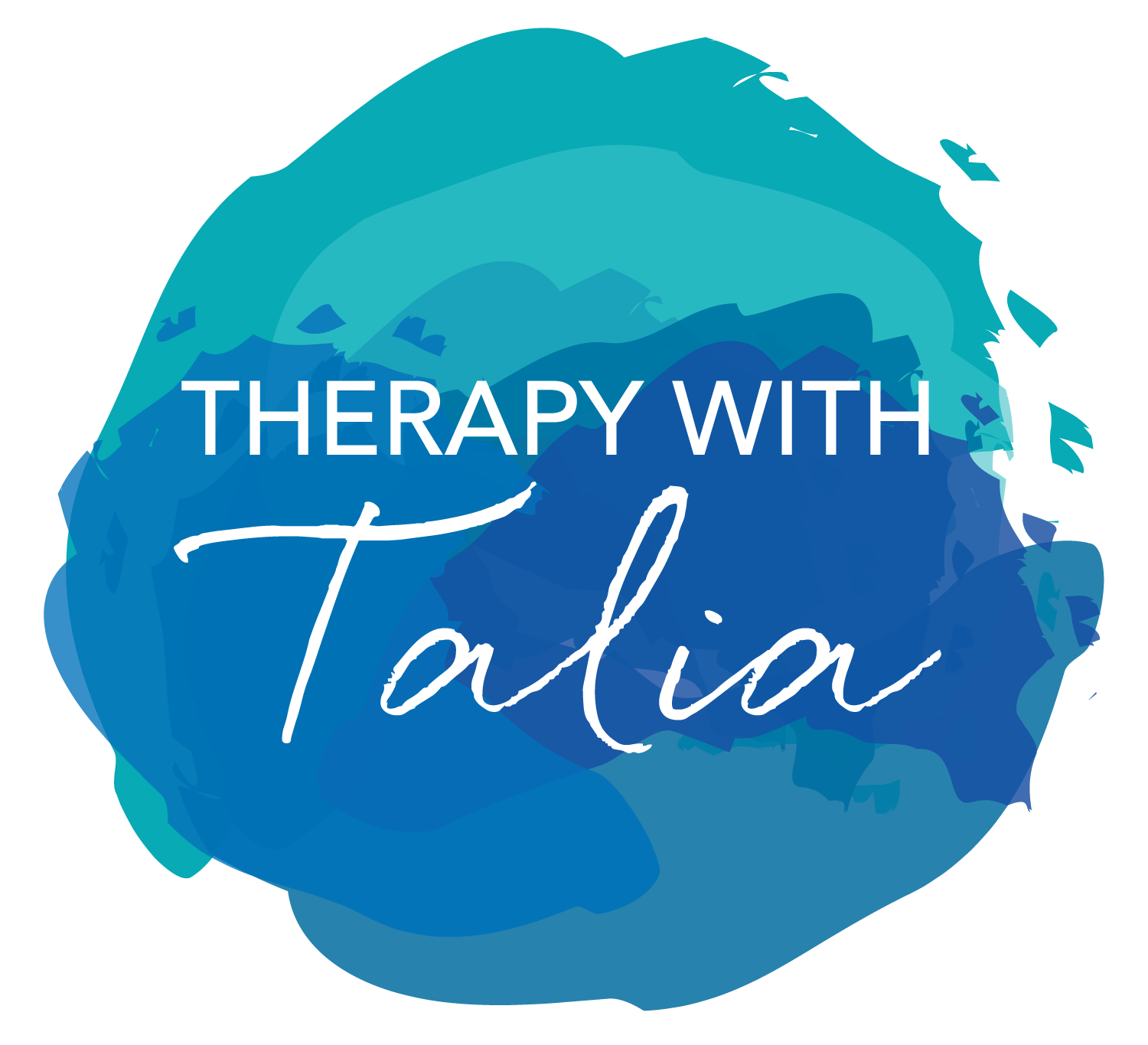
In today’s fast-paced world, where stress, anxiety, and depression have become commonplace, seeking effective methods for managing mental health is paramount. One such method that has gained widespread recognition for its efficacy is Cognitive Behavioral Therapy (CBT). In this article, we delve into the world of CBT alongside its practitioner, Talia, to explore its numerous advantages in fostering mental well-being. CBT is a therapeutic approach that focuses on identifying and challenging negative thought patterns and behaviors, with the goal of replacing them with healthier, more constructive ones. Talia, a seasoned therapist specializing in CBT, brings her expertise and compassion to guide individuals towards positive change and emotional resilience. Throughout this exploration, we will uncover the unique advantages of CBT, from its evidence-based practices to its adaptability in addressing a wide range of psychological issues. Join us as we embark on a journey towards understanding the transformative power of Cognitive Behavioral Therapy with Talia.
The Benefits of Cognitive Behavioral Therapy Explained by Talia
Welcome to a journey of self-discovery and mental well-being guided by Talia, an experienced therapist specializing in Cognitive Behavioral Therapy (CBT). In this exploration, we’ll unravel the myriad benefits that CBT offers individuals seeking to enhance their mental health and quality of life.
Empowering Self-Awareness
At the heart of CBT lies the principle of self-awareness. Talia emphasizes how CBT helps individuals recognize their thoughts, emotions, and behavioral patterns with clarity. By gaining insight into these internal processes, clients can better understand the root causes of their challenges and take proactive steps toward positive change.
Effective Coping Strategies
Talia highlights CBT’s emphasis on equipping individuals with practical coping strategies to navigate life’s ups and downs. Through techniques such as cognitive restructuring and problem-solving, clients learn how to respond to stressors and setbacks in adaptive ways, reducing the impact of negative experiences on their mental well-being.
Challenging Negative Thought Patterns
Negative thinking patterns can significantly impact one’s mood and behavior. Talia explains how CBT enables individuals to identify and challenge these distortions, replacing them with more balanced and rational perspectives. By reframing negative thoughts, clients experience a shift in their perception of themselves and the world around them, fostering greater resilience and emotional stability.
Enhanced Emotional Regulation
Emotions are a natural part of the human experience, but managing them effectively can be challenging. Talia explores how CBT equips individuals with tools to regulate their emotions constructively. By learning to recognize and tolerate uncomfortable emotions without being overwhelmed by them, clients cultivate greater emotional resilience and experience fewer mood fluctuations.
Improved Problem-Solving Skills
Life is filled with challenges, both big and small. Talia emphasizes how CBT teaches clients practical problem-solving skills to tackle obstacles and achieve their goals. By breaking down complex problems into manageable steps and evaluating potential solutions, individuals feel empowered to take proactive action and overcome barriers to their well-being.
CBT for Self-Discovery: Talia’s Perspective on Personal Growth
Embark on a journey of self-discovery and personal growth with Talia, a compassionate guide specializing in Cognitive Behavioral Therapy (CBT). In this exploration, we’ll uncover how CBT serves as a powerful tool for deepening self-awareness and fostering meaningful transformation.
- Introduction to Self-Discovery: Talia introduces the concept of self-discovery as a foundational aspect of personal growth. Through CBT, individuals embark on a journey of exploration to uncover their values, beliefs, strengths, and areas for development.
- Identifying Core Beliefs: Talia guides individuals in identifying and examining their core beliefs – the deeply ingrained assumptions that shape their perceptions and behaviors. By bringing these beliefs to light, clients gain insight into how they influence their thoughts, emotions, and actions.
- Exploring Thought Patterns: CBT encourages individuals to explore their thought patterns and cognitive biases. Talia helps clients recognize automatic negative thoughts and challenge them with evidence-based reasoning, paving the way for more balanced and constructive thinking.
- Embracing Emotions: Talia emphasizes the importance of acknowledging and embracing emotions as valuable sources of information. Through CBT techniques, clients learn to validate their feelings, regulate emotional responses, and cultivate greater emotional intelligence.
Through CBT for self-discovery, Talia empowers individuals to embark on a journey of personal growth, deepen their self-awareness, and live more authentically aligned lives.
Transforming Relationships: Talia’s Insights on Couples Therapy with CBT
Join Talia on a journey of relational transformation as she illuminates the path to healthier and more fulfilling connections through Couples Therapy with Cognitive Behavioral Therapy (CBT). In this exploration, we’ll delve into Talia’s expert insights and practical strategies for strengthening bonds, resolving conflicts, and fostering deeper intimacy in romantic partnerships.
Understanding Couples Therapy with CBT
Talia lays the foundation by elucidating the principles of Couples Therapy with Cognitive Behavioral Therapy (CBT). Unlike traditional approaches that focus solely on communication skills, CBT integrates evidence-based techniques to address underlying cognitive and behavioral patterns that contribute to relationship distress. By targeting both individual and relational dynamics, Couples Therapy with CBT offers a comprehensive framework for fostering lasting change.
Identifying Dysfunctional Patterns
Talia collaborates with couples to identify dysfunctional patterns of interaction that contribute to relational discord. Whether it’s communication breakdowns, unresolved conflicts, or maladaptive coping strategies, she helps couples recognize the underlying cognitive distortions and behavioral patterns that perpetuate relationship distress. By shedding light on these dynamics, couples gain insight into their relational dynamics and lay the groundwork for targeted intervention.
Communication Skills Training
Effective communication is the cornerstone of a healthy relationship. Talia guides couples through communication skills training, teaching them how to express their needs, listen empathically, and resolve conflicts constructively. By fostering open and honest dialogue, couples cultivate greater understanding and connection, laying the foundation for a more harmonious partnership.
Cognitive Restructuring for Relationship Beliefs
Beliefs about oneself, one’s partner, and relationships in general can significantly impact relationship satisfaction. Talia employs cognitive restructuring techniques to challenge and reframe dysfunctional relationship beliefs, replacing them with more balanced and realistic perspectives. By addressing cognitive distortions such as black-and-white thinking or catastrophizing, couples experience a shift in their perception of themselves and each other, fostering greater empathy and intimacy.
Behavioral Interventions for Positive Change
Talia introduces couples to behavioral interventions aimed at promoting positive change within the relationship. From implementing shared activities and rituals to practicing acts of kindness and appreciation, she encourages couples to cultivate behaviors that nurture connection and foster mutual support. By reinforcing positive interactions and breaking negative cycles, couples experience a renewed sense of closeness and partnership.
Conclusion
At Newport Counseling Center for Individual, Couples and Family Therapy, Inc., we have seen the transformative power of Cognitive Behavioral Therapy (CBT) through our work with clients like Talia. CBT offers numerous advantages, empowering individuals to identify and challenge negative thought patterns, modify harmful behaviors, and cultivate healthier coping mechanisms. Through our dedicated practice we’ve witnessed firsthand the effectiveness of CBT in promoting lasting personal growth and emotional well-being.
